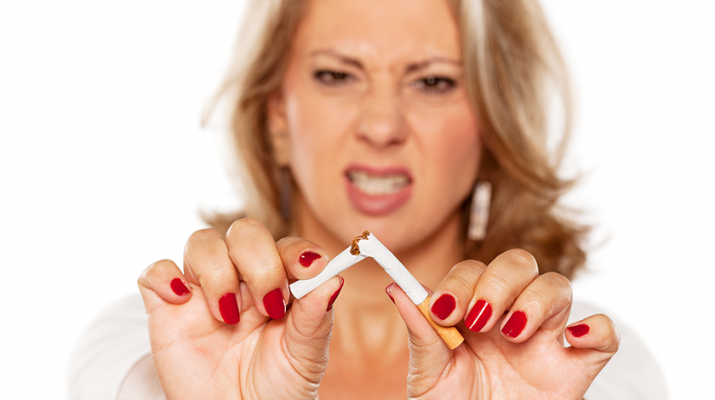It’s March. How’s that New Year’s resolution to quit smoking working out?
By Deborah Jeanne Sergeant
From registered nurse Patricia Bax, department of health behavior at Roswell Park Cancer Institute:
Decide what works for you
For most people who are thinking about quitting, it usually is a precipitant, such as their health, money or family, which motivates them to make a change. Although evidence-based strategies are proven to be effective, developing a tailored quit plan can increase the likelihood of success in becoming and staying tobacco-free.”
Commit to quit
“Quitting is hard and there will be discomfort. Expect to make changes in your daily routine. Then design a plan before you actually try to quit and put together your own toolbox of coping strategies, to help you prepare to quit for good. Take time to write out your plan so you can monitor your progress.”
Talk with your health care provider
“Your doctor offers assistance and advice with your quit plan.”
Set a quit date
“The date you select needs to be a day when you would most likely be ready to quit. For example, some tobacco users pick an anniversary or birthday. Whatever day you select, this is your new ‘birthday’ for the new tobacco-free you.”
Enlist help
“Make a list of family and friends who will support you and be sure to communicate your plan to them and how you will most need their help and support.”
List triggers
“These can be anything that reminds you of smoking. We pair smoking with the things we do, such as lighting up while driving or after meals. For each trigger, specify a solution that will work best for you. Keep this list handy and track your triggers so you can be ready for them when you quit.
Improve your overall health
“A positive step to include is an exercise plan, with your doctor’s approval.”
From Lynn Kozlowski, professor of community health and health behavior in the School of Public Health and Health Professions at UB:
Persist
“Keep trying to quit smoking and do not expect that any one method will erase their smoking. If it does, be grateful and move on. The research shows that with multiple attempts, they’ll be successful. They learn pitfalls.”
Call for help
“Get help with the NYS Quit line.”
Separate yourself from smoking
“Get the things you associate with smoking out of your house. Don’t keep a pack of cigarettes around. Don’t let people who smoke in your house. There’s no doubt if you try to quit when others in your house want to try to quit, that will be more promising for everyone.”
Consider nicotine replacements.
“The nicotine patch, gum and lozenge are safer nicotine sources than cigarettes. In some places where smoking isn’t permitted, smokeless tobacco is permitted. No one smokes in a fireworks factory or sawmill. Yet smokeless tobacco is commonly used by smokers in those places. If they stopped using cigarettes, that would be progress. None of these is harmless.”
From Glenn Gordon, a computer programmer living in Amherst, who started smoking to fit in at age 17 in 1972. Eventually, he noticed that smoking made his chest hurt and he began coughing. It took him 30 attempts to finally quit in 1982.
Keep your mouth busy
“I chewed a lot of gum and I would ‘smoke’ a straw. It gave me the physical sensation but not the nicotine or the smoke that comes with it.”
Manage stress
“I went away on a vacation by myself to quit smoking. I didn’t smoke the entire week. When I came back, I discovered my roommate had made a mess of my apartment. I got angry and yelled a bit. I went out to my car for a cigarette because I really wanted one. I ransacked my car because I figured I’d find one in there. I’d been smoking in it for five years. There wasn’t one. That was the moment that I truly stopped being a smoker. I stayed clean after that. I had a fair amount invested in something, so I didn’t want to lose the investment of my time and emotional battle of quitting.”
It will take time for cravings to subside
“There were times I really wanted cigarettes and it was 10 years before I stopped wanting cigarettes.”
Think about how cigarettes affect your life.
“Don’t focus on getting cancer. Focus on the overall impact of cigarettes on people’s lives. Bronchitis, circulatory damage. It has a major hit on the body above and beyond cancer. It impacts your lifestyle very dramatically.”

